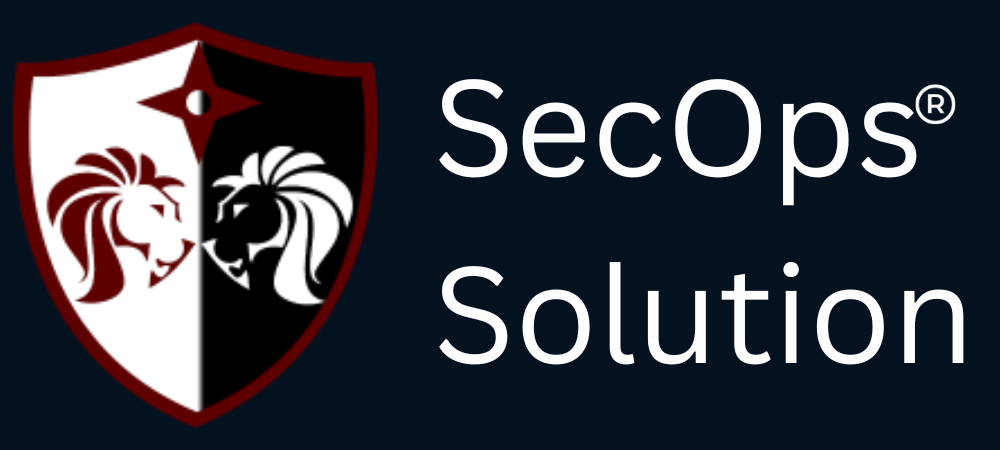
Agentless security for your infrastructure and applications - to build faster, more securely and in a fraction of the operational cost of other solutions

hello@secopsolution.com

Ubuntu is one of the most widely used Linux distributions, renowned for its security, stability, and performance. However, like any operating system, it’s not immune to vulnerabilities. With cybersecurity threats escalating in sophistication and scale, timely patching is essential to safeguard systems. This blog highlights the most critical Ubuntu security patches you shouldn’t ignore in 2025—and how SecOps Solution can help streamline patch management.
Security patches fix known vulnerabilities in software and the operating system kernel. Ignoring them can expose your systems to exploitation, resulting in data breaches, service disruptions, or system compromises. Given that Ubuntu is popular among developers, enterprises, and cloud deployments, maintaining updated systems is not just best practice—it's non-negotiable for operational security.
Here are some critical security patches released or expected in 2025 that Ubuntu users must prioritize:
These CVEs exposed race conditions and privilege escalation flaws in the Linux kernel affecting Ubuntu 22.04 LTS and 20.04 LTS.
Impact:
Attackers could exploit these vulnerabilities to gain root access or crash the system remotely.
Patch Status:
Patched in Linux kernel version 5.15.0-90-generic and newer. Update using:
sudo apt update && sudo apt upgrade
This vulnerability in OpenSSH allowed attackers to execute arbitrary code via crafted packets.
Impact:
Unauthenticated remote code execution, a critical threat in any environment using SSH for remote access.
Patch Status:
Fixed in OpenSSH version 9.6p1-1ubuntu1. Ensure your version is up-to-date with:
sudo apt install openssh-server
A logic flaw in the sudo command enabled local users to run commands as root without proper authorization.
Impact:
Bypassing privilege restrictions locally—potential for insider attacks.
Patch Status:
Patched in sudo version 1.9.15. Update sudo with:
sudo apt install sudo
This critical vulnerability in the GNU C Library (glibc) affected several Ubuntu versions, allowing buffer overflows through crafted inputs.
Impact:
Remote code execution via exposed services using glibc.
Patch Status:
Fixed in glibc 2.35-0ubuntu3.4 and newer.
A vulnerability in the Apache HTTP server enabled denial-of-service attacks via malformed headers.
Impact:
Service disruption and potential exposure of sensitive metadata.
Patch Status:
Update Apache using:
sudo apt install apache2
A major vulnerability in Snapd, Ubuntu’s package manager, allowed escape from the snap sandbox.
Impact:
Full system compromise from a malicious snap package.
Patch Status:
Patched in snapd version 2.63. Update Snapd:
sudo apt install snapd
GNOME’s file manager had a bug that allowed malicious .desktop files to run scripts without user confirmation.
Impact:
Social engineering attacks and code execution on desktops.
Patch Status:
Fixed in GNOME version 44.2-1ubuntu1.
1. Enable automatic updates using unattended-upgrades for critical security patches.
2. Regularly run:
sudo apt update && sudo apt full-upgrade
3. Monitor security mailing lists and Ubuntu CVE tracker.
4. Use trusted repositories and avoid unknown PPAs.
5. Employ endpoint protection and auditing tools.
SecOps Solution is a leading provider of agentless vulnerability and patch management for Ubuntu and other Linux distributions. Whether you're managing a single server or an enterprise infrastructure, SecOps Solution helps you:
Ubuntu's popularity makes it a prime target for attackers, and the ever-evolving threat landscape means staying current with security patches is crucial. By staying informed about the top vulnerabilities and automating patch management with solutions like SecOps Solution, you can drastically reduce your risk exposure and ensure a secure, compliant IT environment.
Don’t wait for a breach. Patch early, patch smart.
SecOps Solution is a Full-stack Patch and Vulnerability Management Platform that helps organizations identify, prioritize, and remediate security vulnerabilities and misconfigurations in seconds.
To learn more, get in touch.